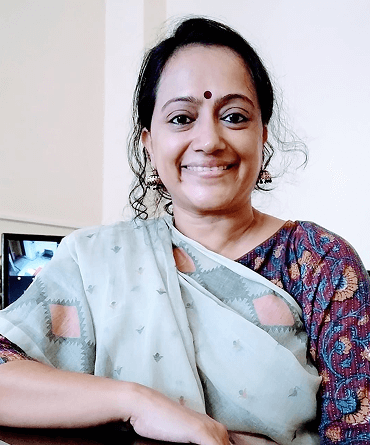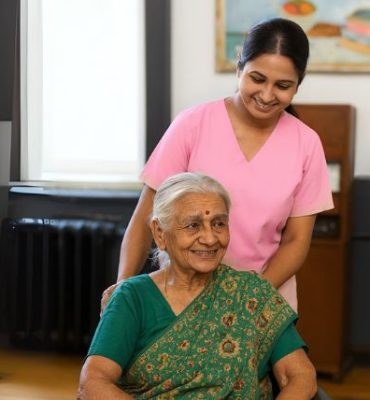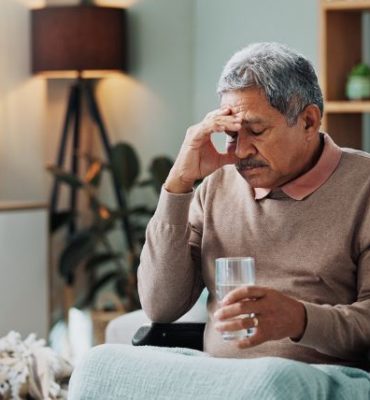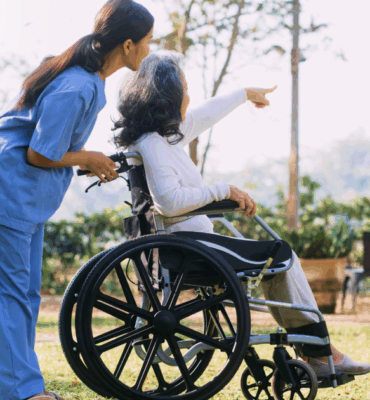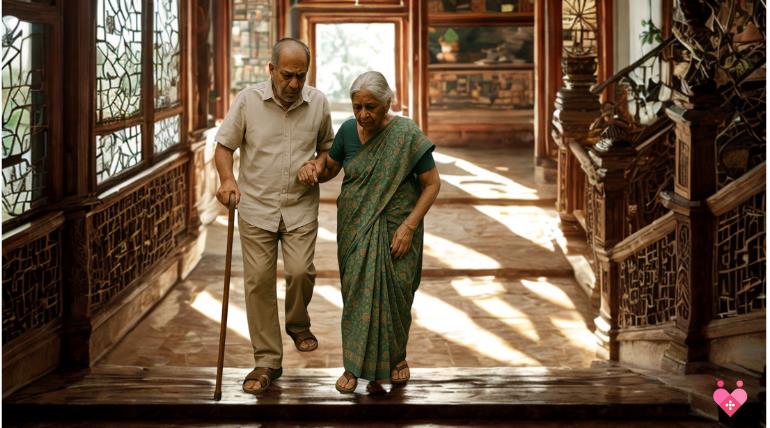
If you have aging parents or grandparents at home, you already know it’s not easy. Whether it’s a nagging health issue, a fall that could’ve been avoided, or just the daily worry when you’re living far away, caring for elders is emotional, constant, and often overwhelming.
But here’s the thing: you’re not alone.
India is home to nearly 159 million senior citizens, which is only going up. By 2050, 1 in every 5 Indians will be elderly. Yet, we’re still not fully prepared to care for them.
- 74% of elders depend on someone else for daily activities
- 42% live with frailty, struggling with movement or energy
- 1 in 5 has a chronic illness, like diabetes or hypertension
- Many live alone or without proper medical care
- And families, especially those living abroad, are often left worried and helpless
The truth is, elder care in India is still seen as a personal responsibility, not a structured system. But today’s families are busy, scattered, and stretched. And without the right support, even the most well-meaning children feel like they’re falling short.
This article isn’t about blame. It’s about acknowledging the gap and talking openly about what we can do to fill it because every elder deserves care that’s not just available, but thoughtful, trained, and rooted in dignity.
Let’s take a closer look at the numbers, the challenges elders in India are facing, and most importantly, the path forward in improving elder care in India.
The Numbers You Can’t Ignore
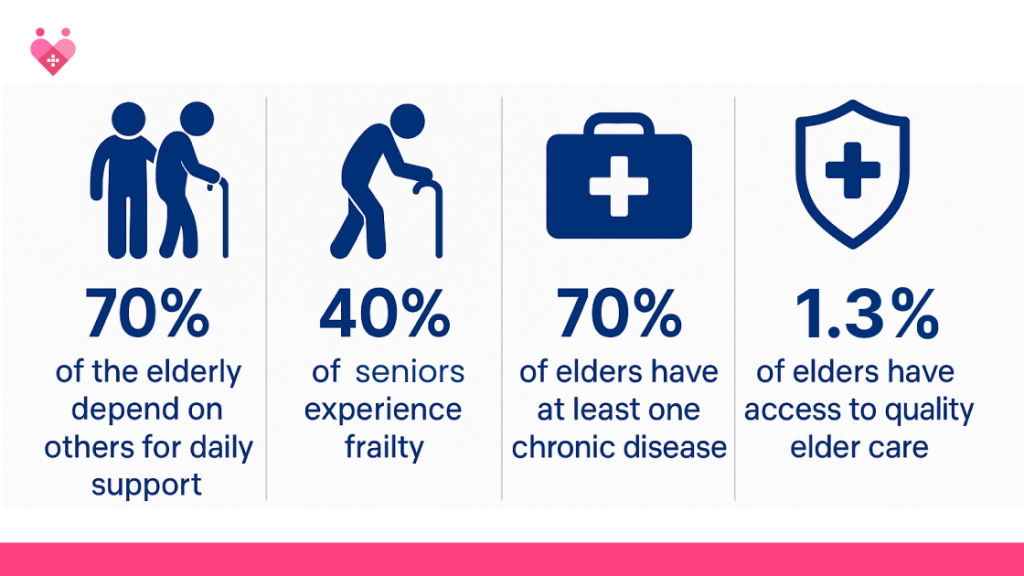
The statistics around elder care in India reveal a silent crisis unfolding across millions of households. These numbers aren’t just facts on a page. They represent real people, real struggles, and urgent gaps that families face every day.
- 70% of the elderly depend on others for daily support. This means nearly three out of four seniors need help with basic activities like bathing, dressing, cooking, or moving around. Providing this care often feels overwhelming and exhausting for families balancing work, distance, and other responsibilities.
- 40% of seniors experience frailty. Frailty is more than just weakness. It’s a decline in physical strength, mobility, and endurance that leaves elders vulnerable to falls, injuries, and long-term disability. Without proper attention and support, frailty can rapidly diminish quality of life.
- Approximately 70% of Indian elders have at least one chronic disease. One in every five Indians below 45 has at least one morbid condition. Conditions such as diabetes, hypertension, arthritis, and respiratory diseases are common among seniors, requiring consistent medical management. Yet, many elderly people have limited access to regular check-ups or medication, increasing the risk of complications.
- More than 40% of the elderly in India live in poverty. Nearly half of India’s elders struggle financially, making even basic healthcare unaffordable. When money is tight, elder care, which often involves expenses for medicines, doctor visits, and assistance, becomes a luxury few can afford.
- 26.7% live alone. More than a quarter of elderly individuals live by themselves, often in isolation. The lack of daily companionship can lead to loneliness, depression, and delays in seeking urgent medical help.
- 54% of elderly women in India are widowed. Widowed women, who traditionally relied on family for care, often find themselves alone and unsupported in later years. This adds a complex layer of vulnerability, both emotionally and financially.
- Only 17% of elders in India have reliable access to healthcare services. Despite growing health needs, the majority of elderly Indians lack dependable medical care. Clinics may be far, health insurance sparse, and affordable quality treatment even rarer.
- A staggering 1.3% have access to quality elder care. Professional, trained elder care services remain limited to a tiny fraction of those who need them. The rest must rely on untrained helpers or family members who may not have the skills to manage complex health and emotional needs.
These numbers mirror the realities of millions of Indian families. Your parents, grandparents, or friends deserve care, respect, dignity, and support tailored to their unique challenges.
It’s time to see these statistics not as distant figures but as a call to action. Behind every data point is a life waiting to be better cared for.
The Care Gap Is Real and Growing
While the numbers paint a sobering picture, the reality on the ground is even more challenging. India faces a widening care gap that affects millions of elderly and the families who strive to support them.
One of the biggest hurdles is the lack of trained caregivers, especially in rural areas. Many elders live far from cities where professional services are concentrated, leaving families without access to skilled help. This shortage is staggering: India currently faces a deficit of 4.3 million professional caregivers, a number expected to grow as the elderly population surges.
For working adults and Non-Resident Indians (NRIs) juggling careers and caregiving from a distance, this gap translates into stress and guilt. With limited options, families often rely on ayahs or domestic helpers who, while trusted, usually lack specialized training in elder care. This means that complex health needs, mobility assistance, medication management, and emotional support are often handled by well-meaning but unprepared hands.
The consequences of this care gap are far-reaching. Alongside physical health challenges, there is a disturbing rise in elder abuse, depression, and neglect. Social isolation, combined with a lack of trained support, leaves many seniors vulnerable, sometimes even within their own homes. Studies show elder abuse affects over 5% of senior citizens in India, yet it remains a topic rarely spoken about.
The care gap isn’t just a problem for seniors. It’s a crisis for families, communities, and the nation. Without trained caregivers and structured support systems, the burden falls heavily on relatives who are often already stretched thin. For NRIs, the challenge is compounded by distance and cultural nuances, intensifying feelings of helplessness.
Addressing this gap requires urgent attention—not only expanding the workforce of professional caregivers but also providing training to domestic helpers and creating support frameworks that families can rely on.
Because no elder should have to face their later years without proper care, and no family should have to do it alone.
What Needs to Change—and How AgeWell Is Leading the Way
It’s clear that India’s elder care challenge isn’t just about numbers. It’s about systems, culture, and support that haven’t kept pace with reality.
What Needs to Change
What we need now is a fundamental shift in how families, communities, and care providers think about and deliver elder care.
Families Need Support Not Just Responsibility
Caring for elders shouldn’t feel like an isolated burden. Families living nearby or abroad need guidance, emotional reassurance, and access to trusted support. Tools like care plans, remote monitoring, and on-call medical advice can empower families to stay involved without being overwhelmed.
Home-Based Care Needs Structure
Home is where most elders feel safest. However, for care at home to work, it must be structured. That means trained caregivers who understand mobility support, medication schedules, hygiene needs, and emotional well-being, not just someone to keep company or manage housekeeping.
Ayahs and Domestic Workers Need Real Training
Many families lean on ayahs or helpers with good intentions, but most lack the training to deal with age-related health conditions, emergencies, or mental health issues. Creating pathways for formal elder care training, especially for domestic workers, can make everyday care safer and more dignified for seniors.
The System Must Become More Accessible
Professional care is often out of reach in rural areas and smaller towns. Governments and private organizations must work together to bridge the accessibility gap, making elder care services available, affordable, and culturally relevant. How AgeWell Is Filling the Care Gap
At AgeWell Care, we’re addressing these gaps head-on, not through flashy solutions, but through deeply human, culturally grounded care models that understand Indian families and the elders at the heart of them.
- In-home care that adapts to family rhythms. Whether an elder needs help with mobility, medication, or just daily companionship, our trained caregivers provide consistent, respectful support, right at home.
- We offer caregiver training programs that uplift everyone. We don’t just send people to homes. We train them to understand the emotional and medical needs of aging individuals. Many of our trained caregivers come from communities that have never had access to formal elder care knowledge.
- Doctor-on-call and regular health monitoring. Elders often need frequent check-ins, not just emergencies. Our health team is equipped to spot changes early, manage chronic conditions, and reduce unnecessary hospital visits.
- Trust that crosses continents. For NRIs, care is not just about logistics; it’s about peace of mind. That’s why families abroad trust us to be their eyes, ears, and hearts on the ground, ensuring their parents or grandparents are looked after with dignity and warmth.
- Care that prepares families for the long term. Aging isn’t a phase; it’s a journey. We help families build sustainable care strategies that evolve with time, health, and changing emotional needs.
Fixing elder care in India is a shared responsibility. But it starts with creating models that work not just in theory, but in the daily lives of families trying to do right by the people who raised them.
And that’s the future AgeWell is building by providing elder care services now in Kolkata; the plan is to expand pan-India.
Let’s Build a Culture That Honors Aging. The Time to Rethink Elder Care Is Now
India’s elder care challenge isn’t just a healthcare issue. It’s a generational moment of reckoning. With nearly 160 million seniors today, and many more to come, this is not just about caring better now; it’s about building a future where aging is supported, respected, and dignified.
Because this isn’t just a policy problem or a service gap; it’s personal. It’s the evening phone call from your father, the quiet struggles your grandmother won’t talk about, the guilt of living far away, or the uncertainty of what will happen when help is truly needed.
This is about our families. Our responsibilities. Our choices.
While the gaps are real, so are the opportunities to act—by learning more, supporting caregivers, planning ahead, and choosing care options that go beyond convenience to offer genuine peace of mind.
At the end of the day, behind every data point is a loved one.
Let’s care better for them and ourselves.
